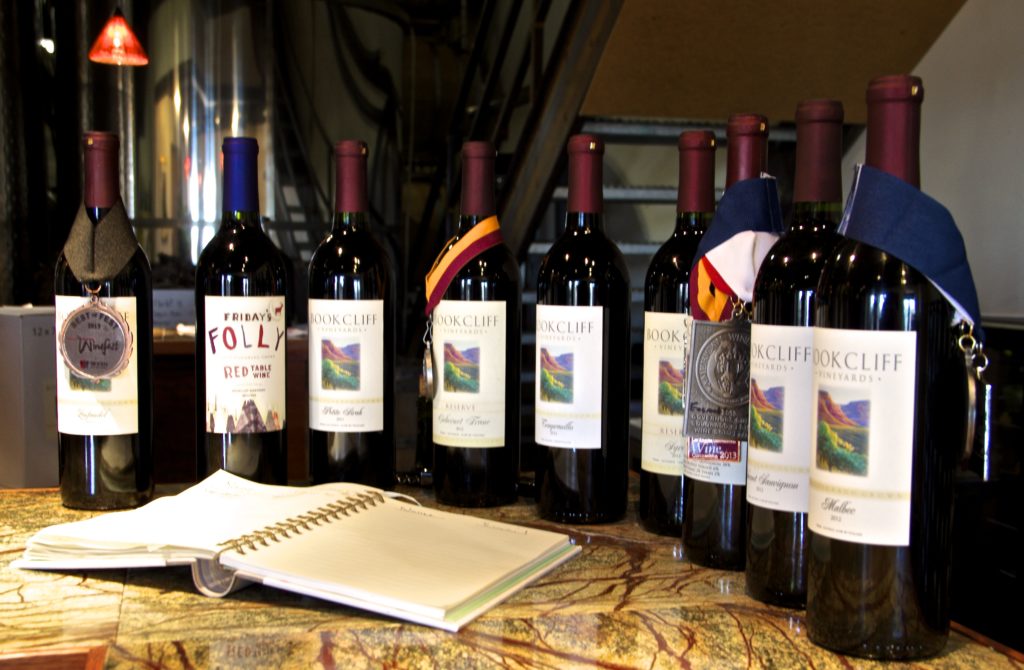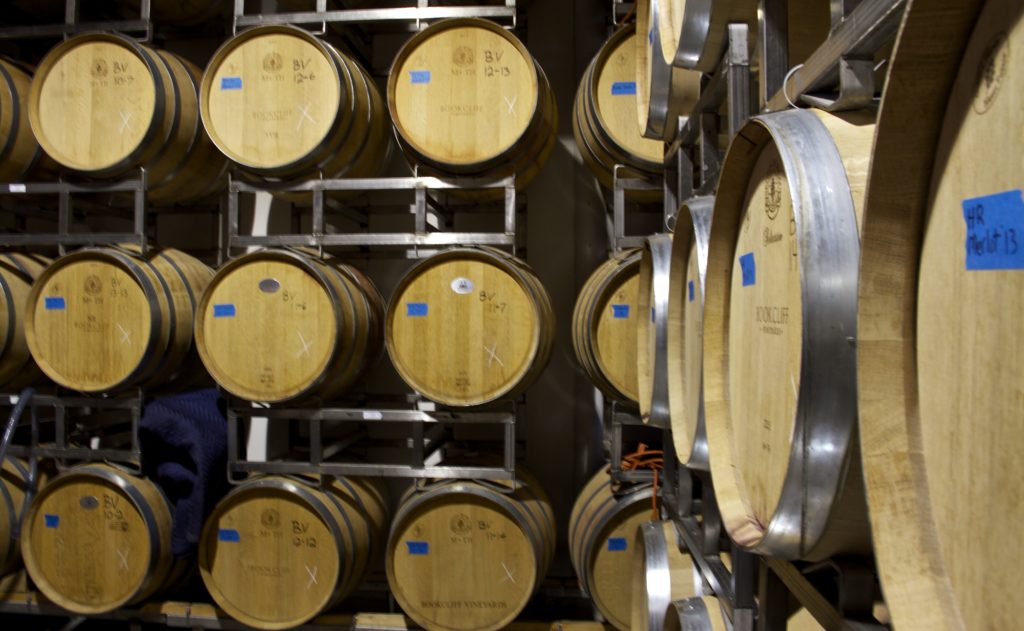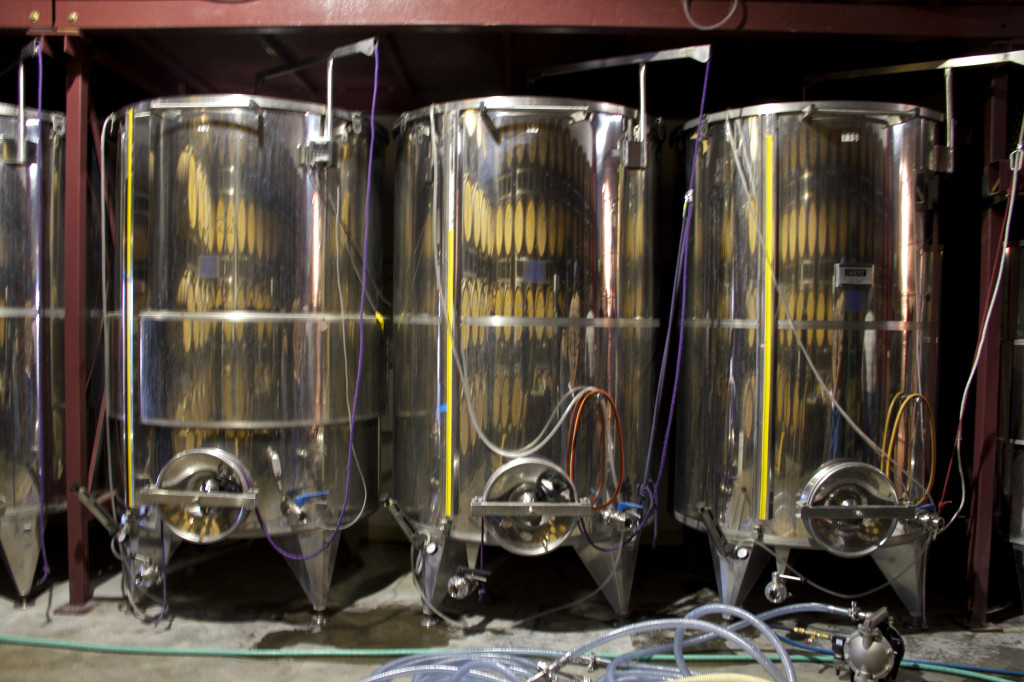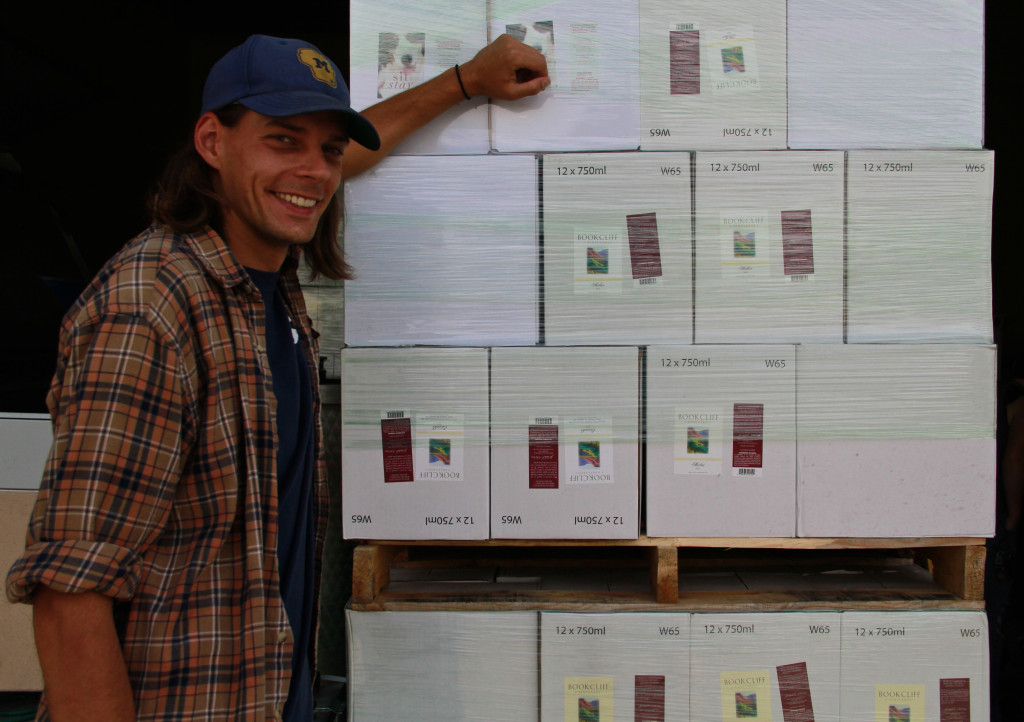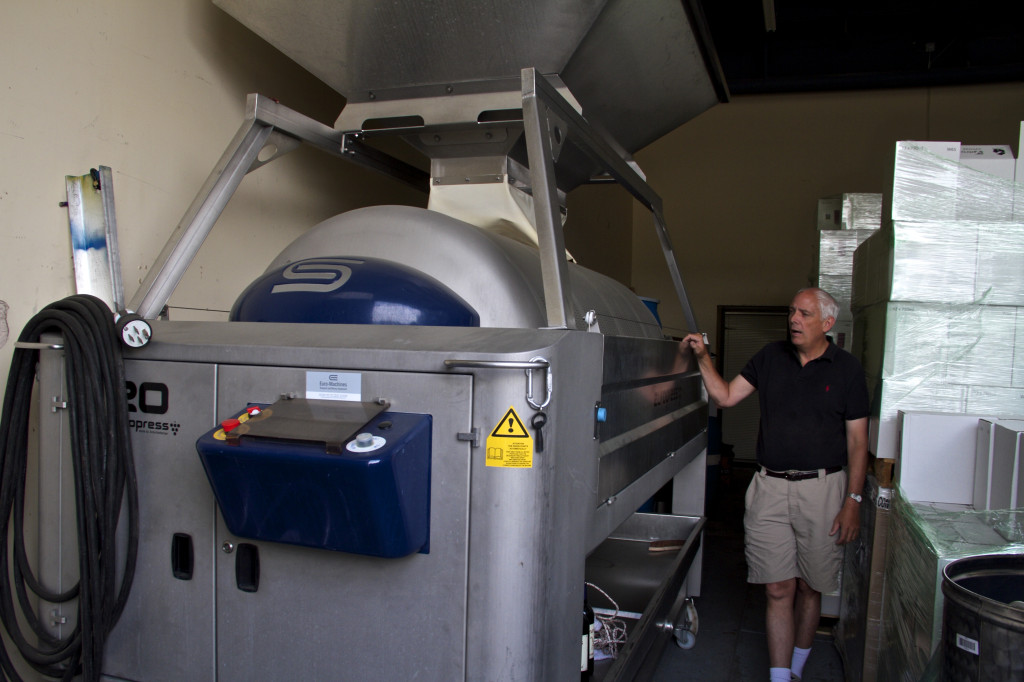By: Helena Stallings, Culinary Arts Student
When most people see the word local or farm-to-table on a menu, they immediately think of proteins and produce. Several restaurants pride themselves on the amount of local ingredients they can procure, but what many people fail to think about is where the wine is coming from. A restaurant can call themselves local by procuring all the local ingredients they want, but when it comes to beverage service the majority of the wines in their cellars are European. Yes there are several extremely good California wines on most of the wine lists, but again that is far from local. Now the real challenge to procuring local wines in the state of Colorado is that up until a couple of years ago, Colorado was not considered a wine producing region in the U.S and trying to find a good local wine was close to impossible.
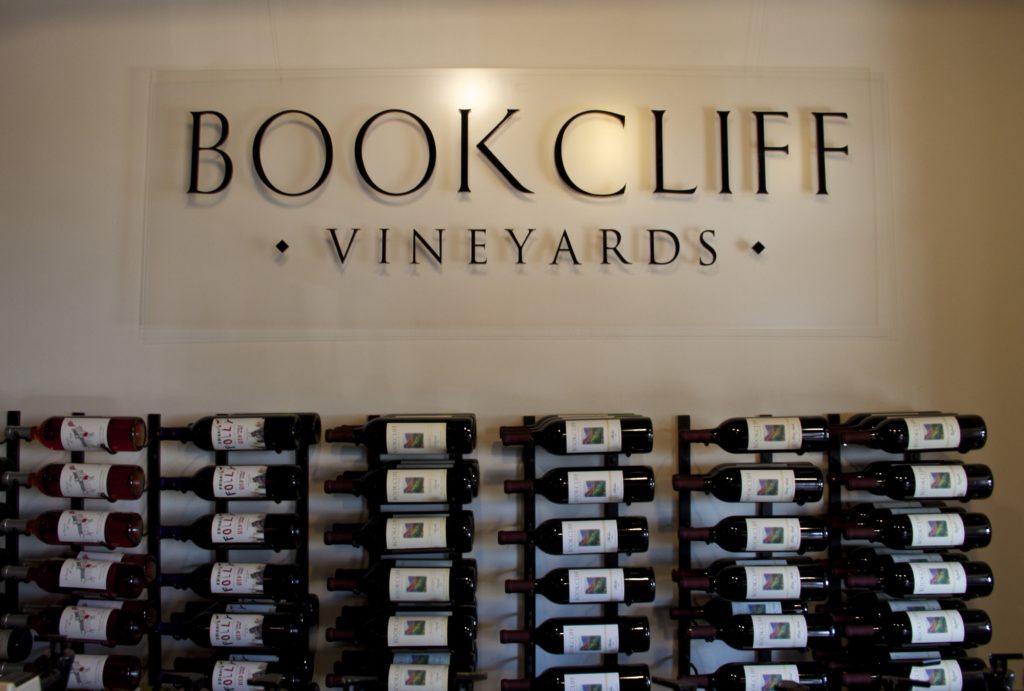
Fortunately for the culinary industry of today, Bookcliff Wines are not only a great locally produced Colorado wine, but they are winning awards across the U.S and because of Bookcliff’s success, Colorado is now listed in the Wine Bible as a wine producing region. The main vineyard is located in the Palisades region of Colorado and the actual winery/bottling facility is located in North Boulder. Every Wednesday and Saturday you can find a Bookcliff booth at the Boulder Farmers’ Market and you can find their product at almost any liquor store around Colorado. One of the largest issues with procuring local ingredients is that availability is usually limited, but not only is Bookcliff producing a fantastic, local wine, but they are making it readily available to both the average consumer and restaurants. In fact, Bookcliff has been working with the Black Cat restaurant in Boulder to produce their own meritage blend wine.
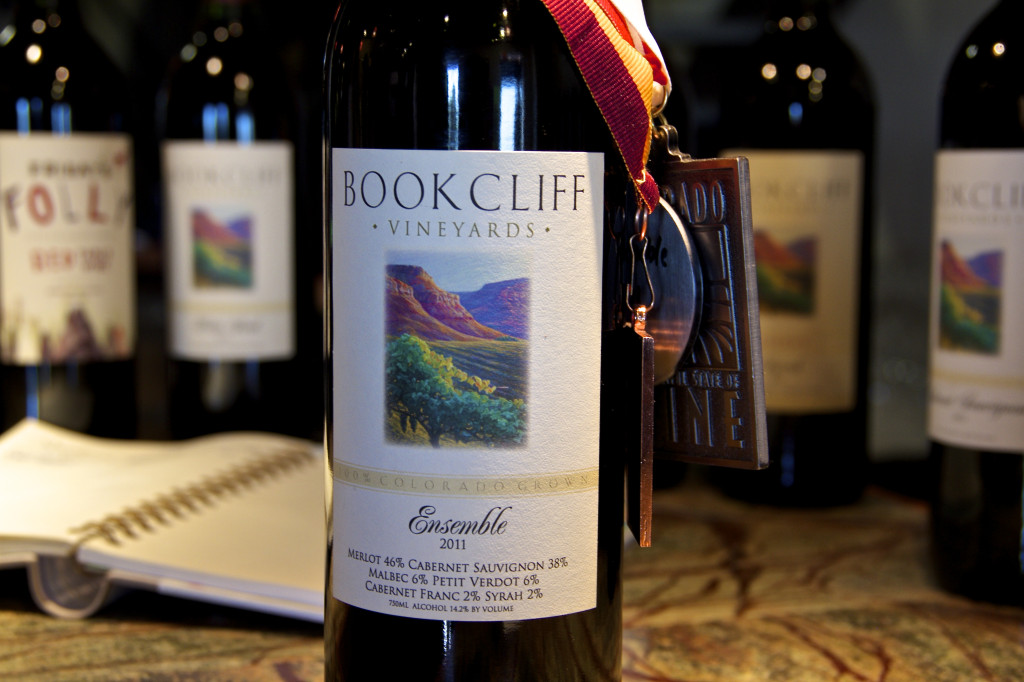
In my opinion, one of the best aspects of Escoffier’s farm-to-table experience is showing us the wide range of locally produced products. It’s common knowledge that when you go to a farm stand you’ll be able to find at least a small section of various kinds of vegetables and meats, but to flip that from produce to wine was absolutely fascinating. I watched as my class toured the Bookcliff Winery and it was hard to find someone who wasn’t engaged. To most of us, wine production seemed unreachable, but by the end of the tour our wine knowledge had grown exponentially and will really benefit us moving forward in our culinary careers. We may not be sommeliers, but we have a strong, well-rounded knowledge of all aspects of procuring local ingredients and what goes into making an award winning Colorado wine.
